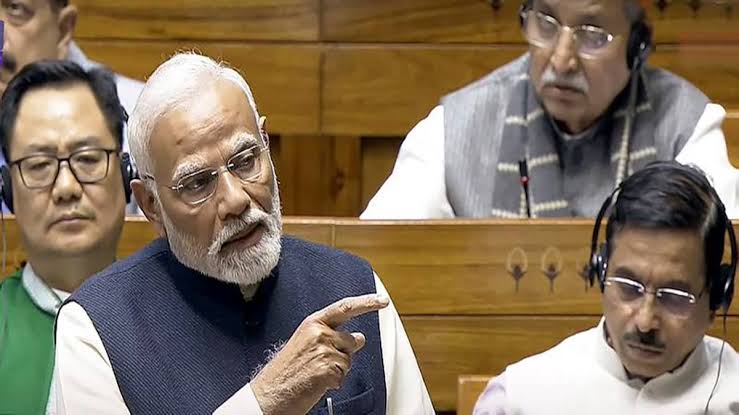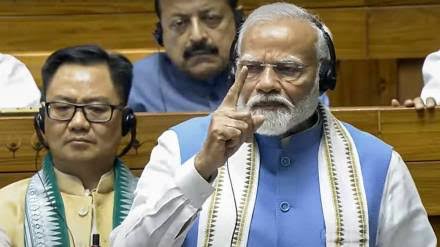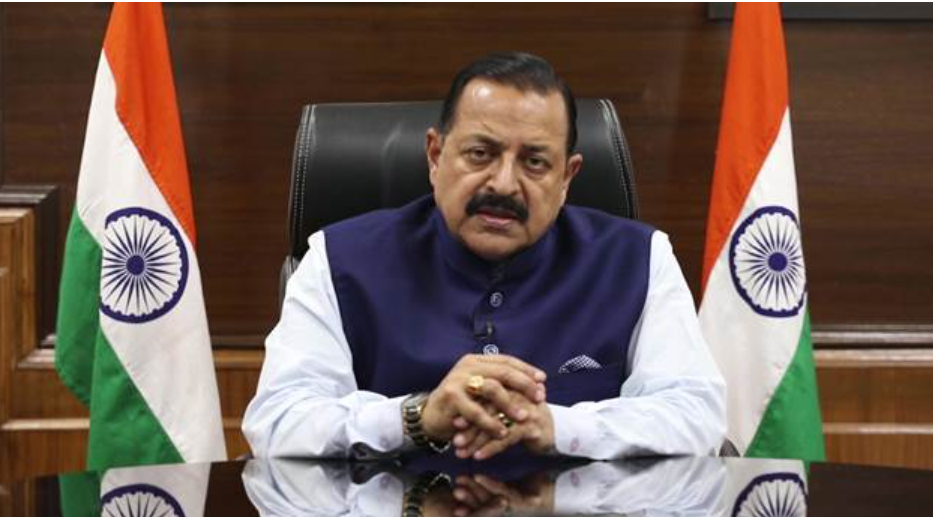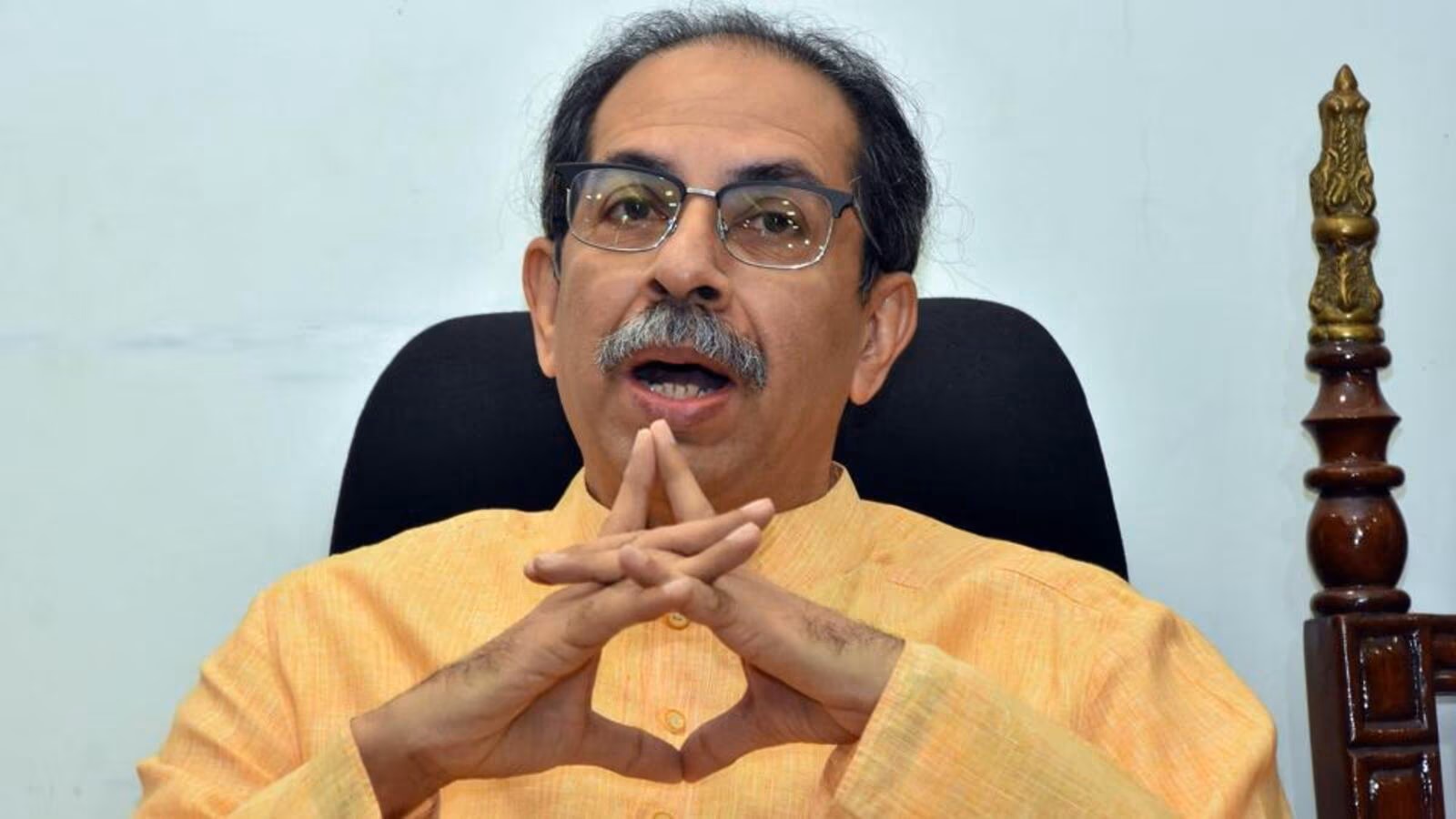Prime Minister Narendra Modi addressed the Rajya Sabha in response to the Motion of Thanks on the President’s Address, offering an impassioned vision of India’s progress and the government’s commitment to inclusive development. He expressed gratitude to the President for an inspiring speech that reflected the aspirations of the people and outlined the government’s roadmap for a developed India.
 Reflecting on the past decade, the Prime Minister emphasized that his government’s guiding principle has been “Sabka Saath, Sabka Vikas,” ensuring that every citizen benefits from the nation’s progress. He pointed out that since 2014, a shift has taken place from politics of appeasement to a governance model that prioritizes empowerment and satisfaction. This approach, he said, has been tested and embraced by the people, as evidenced by their continued support.
Reflecting on the past decade, the Prime Minister emphasized that his government’s guiding principle has been “Sabka Saath, Sabka Vikas,” ensuring that every citizen benefits from the nation’s progress. He pointed out that since 2014, a shift has taken place from politics of appeasement to a governance model that prioritizes empowerment and satisfaction. This approach, he said, has been tested and embraced by the people, as evidenced by their continued support.
Highlighting key areas of progress, PM Modi spoke about the massive strides India has made in poverty alleviation, with 25 crore people moving out of poverty and joining the neo-middle class. He lauded the aspirations of this emerging class as a driving force for national development. The government, he assured, remains committed to supporting their ambitions through policies that promote entrepreneurship, skill development, and financial inclusion.
Women’s empowerment, or “Nari Shakti,” remains at the heart of the government’s agenda. The Prime Minister emphasized that empowering women through education, employment, and political participation strengthens the entire nation. He proudly recalled that the first decision in the new Parliament was dedicated to honoring and advancing the rights of women.
Turning his attention to marginalized communities, PM Modi highlighted efforts to uplift Scheduled Castes, Scheduled Tribes, and Other Backward Classes. He pointed out that his government granted constitutional status to the OBC Commission, a long-standing demand that had been ignored for decades. He also emphasized the expansion of welfare programs, such as PM-JANMAN, designed to support particularly vulnerable tribal groups.
The Prime Minister spoke of India’s rapid infrastructural progress, underlining the significant improvements in roadways, railways, and digital connectivity. He remarked that global confidence in India’s economic potential has reached new heights, with the world increasingly looking at India as a hub for investment, innovation, and technological advancement.
PM Modi also reflected on India’s constitutional values, stressing the importance of unity and national integrity. He criticized past instances of caste-based politics and social divisions, reaffirming his government’s commitment to governance that unites rather than divides. He recalled the struggles of great leaders, including Dr. B.R. Ambedkar, and underscored the importance of industrialization and entrepreneurship for social empowerment.
Speaking on democracy and freedom, he pointed to historical instances where civil liberties were curtailed, reminding the nation of the resilience of its people in safeguarding democratic values. He urged citizens to remain vigilant against divisive politics and to focus on collective progress.
Concluding his address, PM Modi reiterated his government’s unwavering dedication to a prosperous, self-reliant India. He emphasized that the transformation of the country is not just about economic growth but also about ensuring dignity, opportunity, and justice for all. His vision for the future remains one of hope, inclusivity, and unwavering commitment to the people of India.




